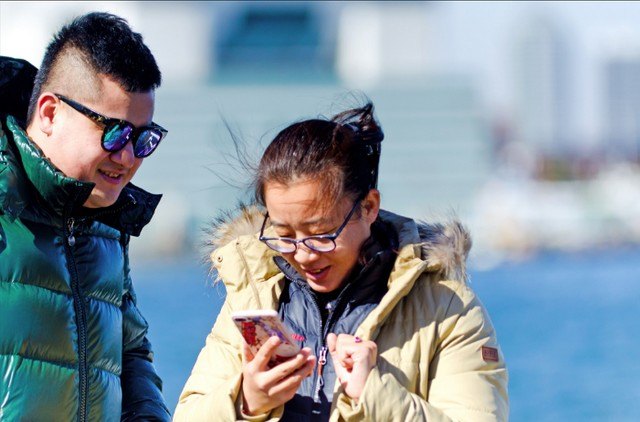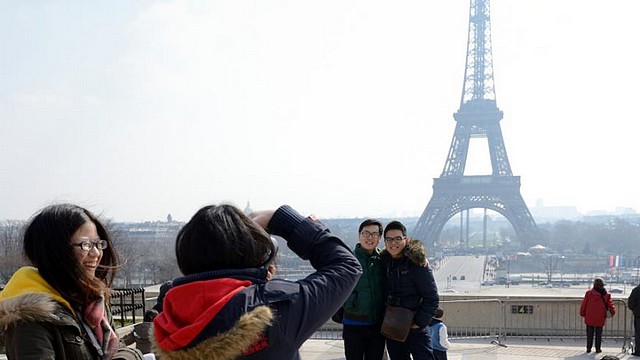According to the World Tourism Organization, Chinese tourists’ spending abroad accounts for 21% of all tourism sector revenues. The impact of these travellers on tourism cannot therefore be ignored. « To better targetr, explains the WTO, it is essential to go beyond simple numbers and analyze their habits and preferences, especially to meet the expectations of the Free Independent Traveler, those Chinese millennials in search of personalized and innovative experiences« .
Indeed, while the older generations continue to use tour operators, mainly for language barriers, the Chinese millennials (414 million people, or 31% of the population) are free, independent and use new technologies to plan their trips, book, seek recommendations and pay.
 These are travellers who tend to focus more on the speed and convenience of hotel services. Thus, 87% of them declare that they have had a unique and innovative experience thanks to digital innovation and 75% have been positively influenced in the purchasing decision by services based on artificial intelligence.
These are travellers who tend to focus more on the speed and convenience of hotel services. Thus, 87% of them declare that they have had a unique and innovative experience thanks to digital innovation and 75% have been positively influenced in the purchasing decision by services based on artificial intelligence.
 In China, the importance of social networks is very strongly rooted with WeChat as the leading travel information and booking channel.
In China, the importance of social networks is very strongly rooted with WeChat as the leading travel information and booking channel.
Many hoteliers are building partnerships to offer loyalty, recommendation or even remote control programs of their hotel room.
The ability to support payment services such as UnionPay or Alipay is also critical.
Finally, when Western tourists expect the deployment of artificial intelligence to provide recommendations on activities and leisure around the hotel, Chinese tourists are much more interested in a tailor-made and innovative individual approach with remote control of the room by connected tools as a priority.
 In this context, 97% of Chinese travellers (compared to 80% of Westerners) are willing to share at least one piece of personal information to access artificial intelligence services in their hotel: their hobbies, their occupation, their profile used on social networks (24% for Chinese tourists against 9% for Westerners), access to their mobile applications and personal photos (11% for Chinese against 5% for Westerners).
In this context, 97% of Chinese travellers (compared to 80% of Westerners) are willing to share at least one piece of personal information to access artificial intelligence services in their hotel: their hobbies, their occupation, their profile used on social networks (24% for Chinese tourists against 9% for Westerners), access to their mobile applications and personal photos (11% for Chinese against 5% for Westerners).